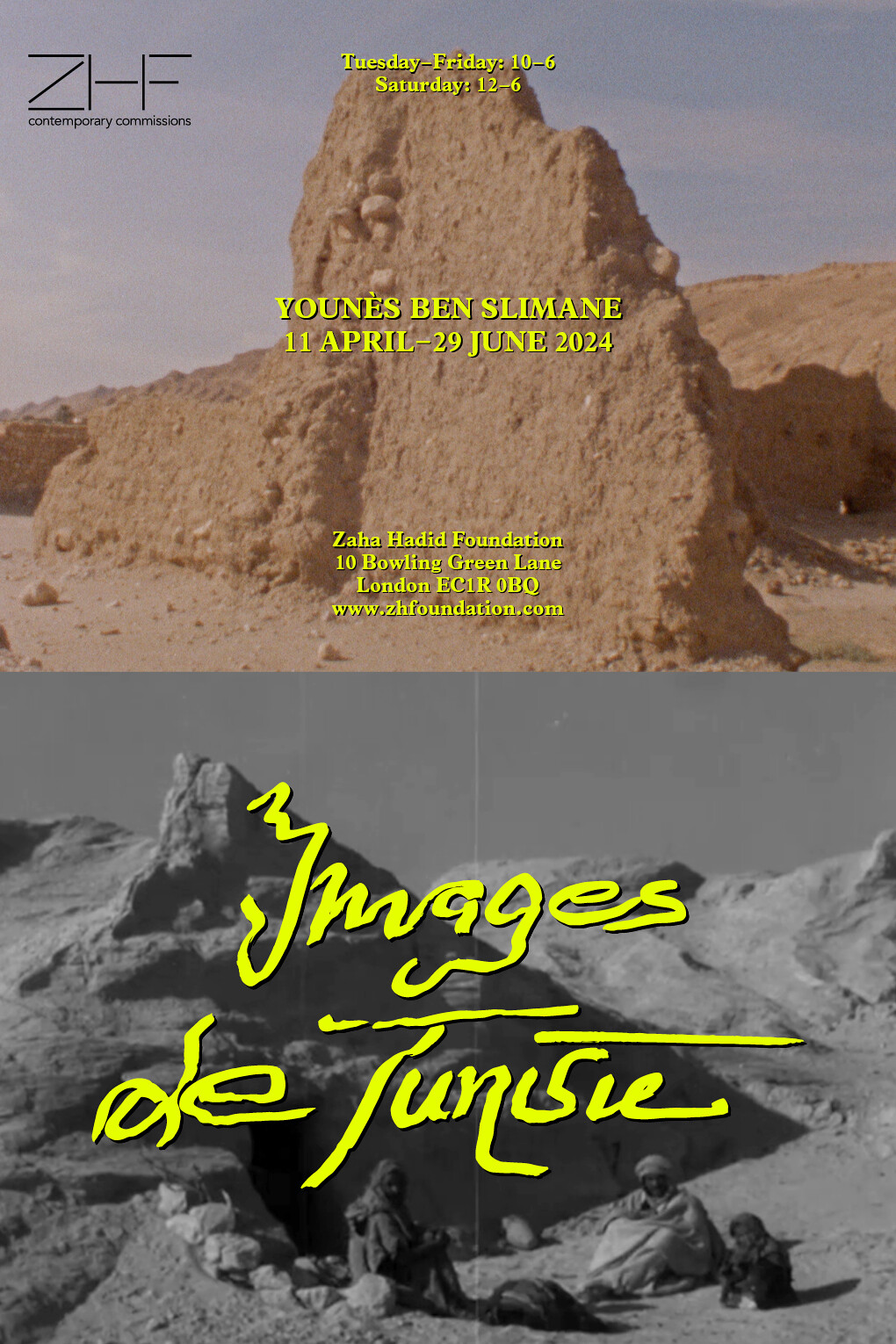Surprisingly few people have flinched at the way Osama bin Laden was disposed of. Even for the most wanted man in the world, one imagines that it would have been both ethically and politically more expedient to stage a trial before his execution, similar to the way it was done in the case of Saddam Hussein. But such an expectation would risk overlooking the degree to which, for states and individuals alike, much political activity now takes place outside of official channels and beyond the jurisdiction of formal legal bodies.
This does not only concern CIA “black sites,” but an array of secretive and extraterritorial practices that have become the accepted, yet exceptional, channels for bypassing the accountability of democratic, public, or transparent decision-making processes. For better or worse, the privilege to secure one’s private interests in the gray area between state jurisdictions now becomes available not only to offshore banks and tax havens, but to private armies, pirates, terrorists, mercenaries, journalists, and politicians alike. And it is interesting to note how these extrajudicial practices threaten to bring things full circle back to tribalism—the nightmare of postwar internationalist hopes for universal ethics embodied by organizations such as the United Nations and the International Criminal Court, which were founded primarily to stand as a collective conscience against large-scale street justice.
But it now seems increasingly impossible to resort to universal ethics when these objective bodies have themselves become highly suspect political commodities. (Who gives a Nobel Peace Prize to an American President conducting a war on foreign soil?) Yet, at the same time, fascinating new forms of checks and balances have emerged to counterbalance the impunity of state-level opportunism. Beyond the anti-regime demonstrations in the Middle East, the most notable transnational phenomenon by far has been WikiLeaks, and in this issue we are honored to have the first part of Hans Ulrich Obrist’s extensive interview with Julian Assange, in which Assange articulates the fascinating theory of political movement that underpins WikiLeaks’ philosophy of forging accountability.
Taken from the geopolitical level down to street-level, the same mandate to informal negotiation translates to another figure familiar to many millennial cities: the creative worker. With some structural similarities to the mercenary, the pirate, or the private militia, the cultured flexible workers of the creative class comprise a target demographic with which the neoliberal metropolis advertises its cosmopolitan character. But, in Martha Rosler’s conclusion to her ambitious three-part series, a class-conscious reading of the figure of the creative worker reveals a clear and somewhat inflexible manual for marketing postindustrial economic gloom (also known as poverty) through a logic of cultural renovation and do-it-yourself innovation—tailored for artists and other socioeconomic groups that can afford to be up to the task.
Key to the sanitized, creative city is a notorious evacuation of class-conscious political awareness, replaced by the narcissism of self-promotion. In this issue, Diedrich Diederichsen considers the resulting fetish for radicalism in the form of Oedipal patricide, for the grand gesture of defaming one’s master as the marker of freedom. But if one is self-employed, or chooses one’s own masters, as many do, the “hollow intensifier” of radicality becomes increasingly problematic as a criterion for art, and we find that even the narcissistic production of one’s own self may contain far more progressive potential than performed ruptures against projected or fictitious forefathers.
Finally, Suely Rolnik articulates how an “anthropophagic subjectivity” can function simultaneously within and against the fluid, flexible, and hybrid nature of cognitive capitalism. More commonly understood as cannibalism, the practice of anthropophagy can be related to the Tupinambá, one of the indigenous groups who inhabited today’s Brazil, who were known to devour their enemies in a long and rigorous ritual in which the executor would carve the name of the devoured enemy into his skin, as well as change his own name. Having been invoked more recently as a micropolitical model of cultural absorption in which otherness is consumed, but also allowed to recreate the consumer, the fluidity of the concept that once promised movement has now been itself absorbed into the logic of neoliberalism. How do we then go “through the elaboration of the wound in the potency of creation” to reactivate a poetic-political vitality?
—Julieta Aranda, Brian Kuan Wood, Anton Vidokle


